
Both boys and girls may suffer from BCH and about 1/3 of all patients diagnosed with this condition have someone in the family with the same problem. Parents should know that BCH does not cause any intellectual problems and it usually disappears in teenage years.
How to Diagnose Benign Congenital Hypotonia?
To be diagnosed to suffer from BCH, children should meet up 4 diagnostic criteria. This includes early discovered hypotonia and these children have hypotonia from their birth. Normal tendon reflexes and active movements of the arms and legs, as well as normal or mild retardation which improve with age are also included in diagnostic criteria. Other criteria also involve: normal level of muscle enzymes, normal biopsy studies and also normal results of nerve conduction and electromyelography.
Diagnosis of BCH may be made only after all other possible causes of hypotonia have been rejected. Little patients should be checked for: infantile botulism, Down’s syndrome, metabolic disorders like Zellweger syndrome, congenital myotonic dystrophy, nemaline and congenital myopathy as well as Werdnig-Hoffman disease and Prader-Willi syndrome.
Doctors will usually search for family history of benign congenital hypotonia, some birth trauma, perinatal asphyxia, infections during pregnancy or drugs the mom took during pregnancy. Additionally, doctor may need different tests (blood, CFS, CT, MRI, EMG, karyotyping, muscle biopsy) in order to diagnose this condition.
BCH Symptoms and Management
At birth, children with benign congenital hypotonia were usually “floppy babies” and had generalized hypotonia. Some of these kids had abdominal protrusion or hyperlordosis (accentuation of the spinal curve). When standing, these kids could have flat feet or look like walking on tip of the toes. Common characteristic is inability to walk on heels, while some children have high arch (pes cavus or high instep). Children may also present some delay in development and there is a possibility not to be able to sit, stand or walk properly in time. BCH can also cause hyperlaxity of the joints, some muscle contractures in kids older than 8 years of age and recurring myalgia episodes when kids use their muscles.
Benign congenital hypotonia is currently not treated with the help of any medications. Active and passive physiotherapy have been found to be beneficial for children suffering from BCH. Physiotherapy can prevent shortening of the muscles and optimize muscle strength in these patients.
- www.nhs.uk/conditions/hypotonia/
- www.nhs.uk/conditions/hypotonia/causes/
- Photo courtesy of Sadasiv Swain by Flickr: www.flickr.com/photos/sswain_1999/19376191874/




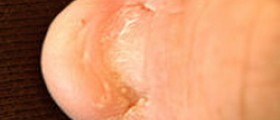

-vs-Trigger-Points-(Myofascial-Pain-Syndrome)_f_280x120.jpg)
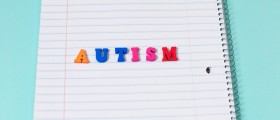

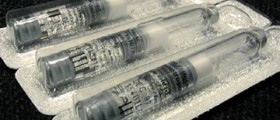

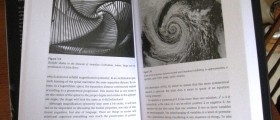


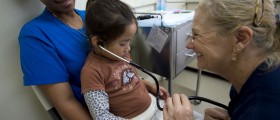

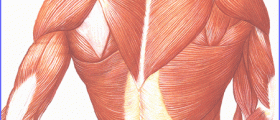
Your thoughts on this
Loading...